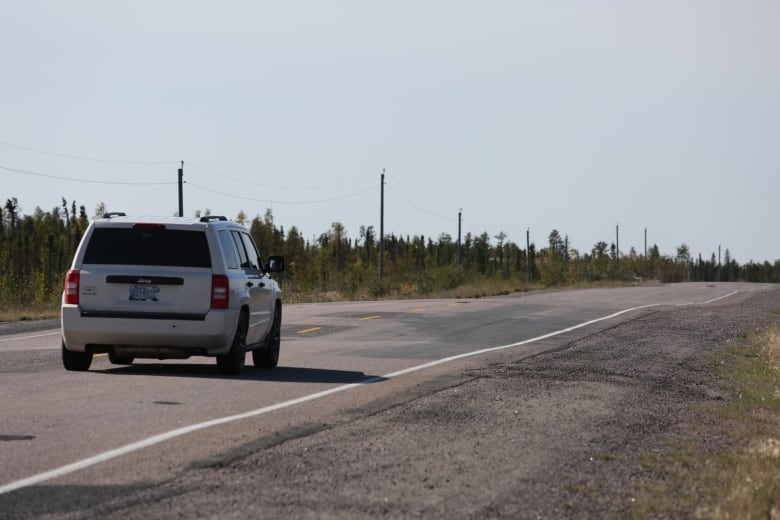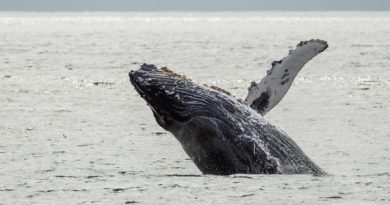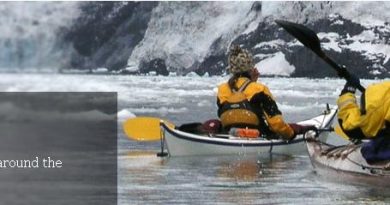Transport Canada pledges funding for permafrost research

Scientists working in Canada’s North are getting more funds to study thawing permafrost and its effects, especially when it comes to roads and airports.
New funding totaling $368,000 over two years was announced for Yukon College’s Climate ExChange on Tuesday in Whitehorse. Another $339,000 is being pledged to Université Laval.
The funding deals with climate change but it is being provided by Transport Canada.
The Yukon government has acknowledged that thawing permafrost is having an effect on the territory’s roads, which have required some repairs over the years.
Researchers will collaborate on projects examining the Dempster Highway, the Iqaluit Airport, and two projects in Tasiujuq and Salluit, in Nunavik, the Inuit region of northern Quebec.

Federal Transport Minister Marc Garneau announced the funding in Whitehorse.
“Climate change threatens the safety, efficiency, and resilience of Northern transportation,” he said.
Bronwyn Hancock, associate vice president of research development at Yukon College, said permafrost is “the literal foundation” on which northern infrastructure is built.
She said the goal of the research isn’t only to understand the extent of thaw, but also develop ways to adapt.
“Permafrost thaw is happening, and when it’s the foundation for infrastructure, that has big consequences. It threatens the efficiency, safety, and reliability of Northern transportation systems and we see that every day — we see that when we drive our Yukon highways,” Hancock said.
Problems caused by thawing permafrost can include buckling of roads, cracks, landslides and other deformations. Some buildings can also sink or shift when the permafrost thaws beneath their foundations.
One example in Yukon has been the school in Ross River, which has been sinking due to a poorly-installed system intended to prevent the ground from thawing underneath the building.
Related stories from around the North:
Canada: Canadian government pledges $400 million for northern transport, CBC News
Finland: Arctic Finnish firm wins US award for road maintenance technology, Yle News
Norway: New climate report predicts extreme warming for Arctic Svalbard by 2100, The Independent Barents Observer
Russia: Arctic town of Dikson is fastest-warming place in Russia, The Independent Barents Observer
United States: Climate change a threat to bases across the U.S., Defense Dept. says, Alaska Public Media



